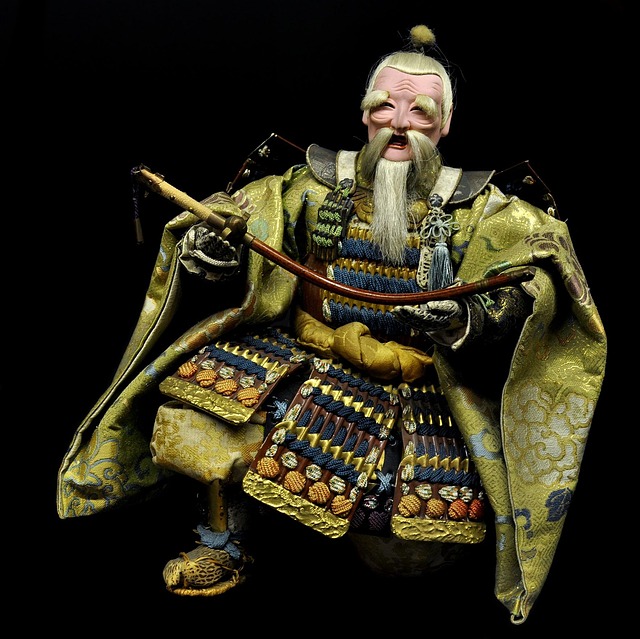
Samurai Champloo
Introduction
Samurai Champloo is a critically acclaimed anime series that first aired in 2004. Directed by Shinichirō Watanabe, known for his previous works such as Cowboy Bebop, the series is a unique blend of historical samurai action and modern hip-hop culture. It stands out not only for its animation style but also for its thematic depth, exploring concepts of individuality, identity, and the acceptance of death.
Plot Overview
The narrative of Samurai Champloo begins in a small town where Fuu, a young tea waitress, faces harassment from the corrupt prefect's son. In her moment of need, she encounters Mugen, a brash and unpredictable outlaw. Mugen agrees to protect her, but only in exchange for food. Shortly thereafter, Jin, a skilled ronin, arrives in town and intervenes when the prefect's bodyguards abuse a peasant. This act of valor leads to a confrontation between Mugen and Jin, setting the stage for their complex relationship throughout the series.
Thematic Elements
Watanabe's vision for Samurai Champloo extends beyond mere entertainment. The series delves into profound themes, particularly the acceptance of death. This theme is woven throughout the narrative, reflecting the characters' struggles and growth. Additionally, the series emphasizes individuality and the quest for personal identity, a recurring motif in Watanabe's body of work. Each character embodies a unique perspective on life, contributing to the overarching narrative of self-discovery.
Animation and Style
Samurai Champloo is notable for its distinct animation style, which combines traditional Japanese art with modern influences. The animation studio Manglobe, founded by Shinichirō Kobayashi, produced the series, marking its debut television production. The opening sequence, animated by Madhouse, showcases a vibrant and dynamic aesthetic that captures the essence of the series. The character designs and fluid action sequences are complemented by a soundtrack that fuses traditional Japanese music with contemporary hip-hop, enhancing the overall viewing experience.
Character Development
The characters in Samurai Champloo are intricately developed, each with their own backstory and motivations. Mugen, with his wild and unpredictable nature, represents freedom and rebellion. In contrast, Jin embodies discipline and honor, adhering to the samurai code. Fuu serves as the emotional core of the series, driving the narrative forward as she seeks to find the "samurai who smells of sunflowers." The interactions between these three characters create a rich tapestry of relationships that evolve throughout their journey.
Cultural Impact
Since its release, Samurai Champloo has garnered a dedicated fanbase and has significantly influenced the anime genre. Its innovative approach to storytelling and character development has inspired numerous creators. The series has also sparked discussions about the blending of different cultural elements, particularly the integration of hip-hop culture into a historical setting. This fusion has opened doors for future anime to explore diverse themes and styles.
Conclusion
Samurai Champloo remains a landmark in the world of anime, celebrated for its artistic vision and thematic depth. The series not only entertains but also provokes thought about the nature of life, death, and identity. As viewers follow the journey of Mugen, Jin, and Fuu, they are invited to reflect on their own paths and the choices that define them. In an era where anime continues to evolve, Samurai Champloo stands as a testament to the power of storytelling and the enduring appeal of its characters.



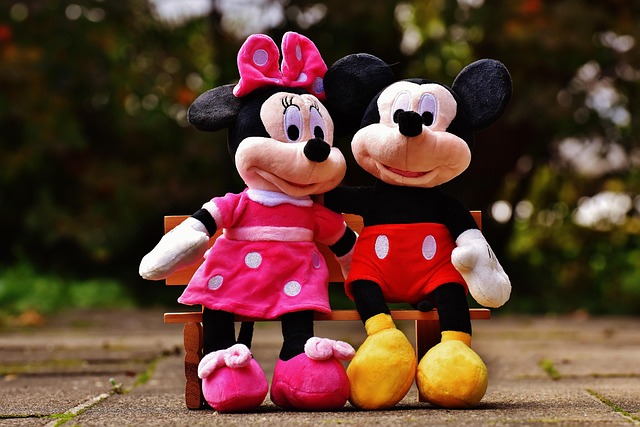



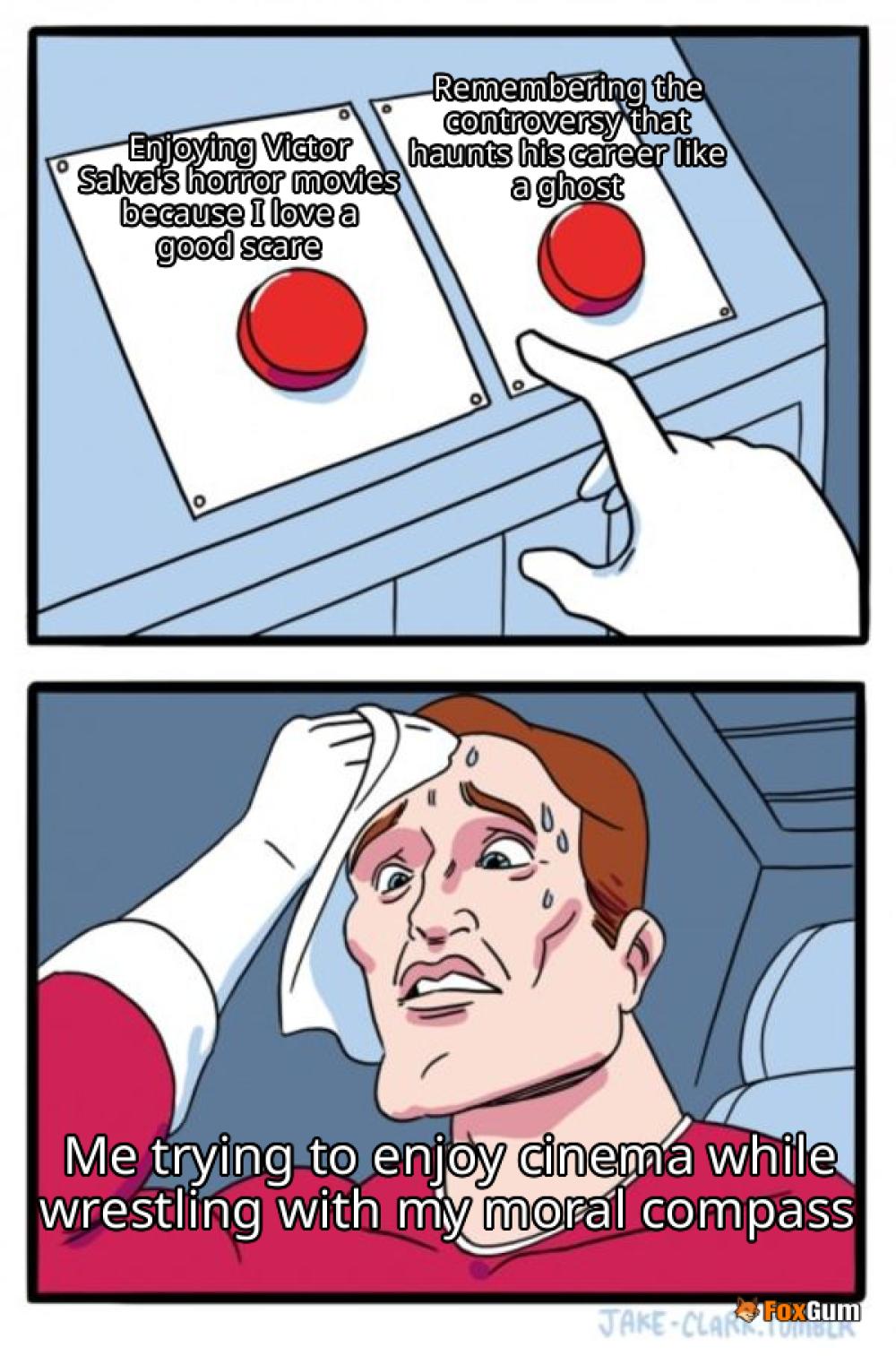


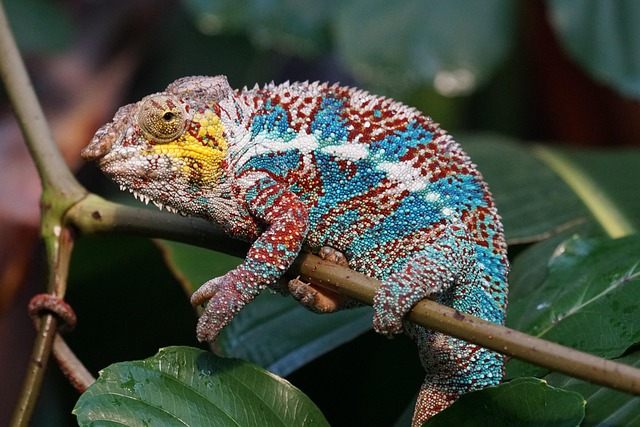
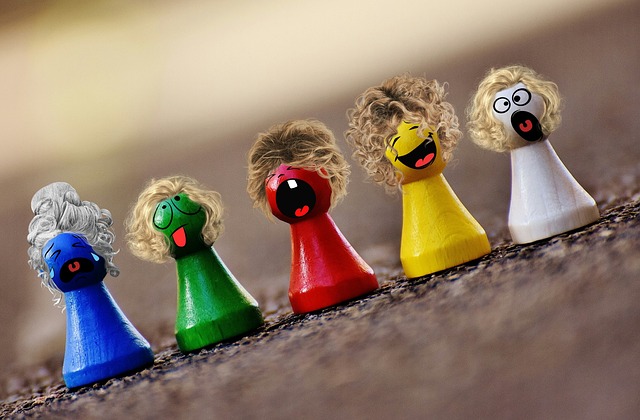


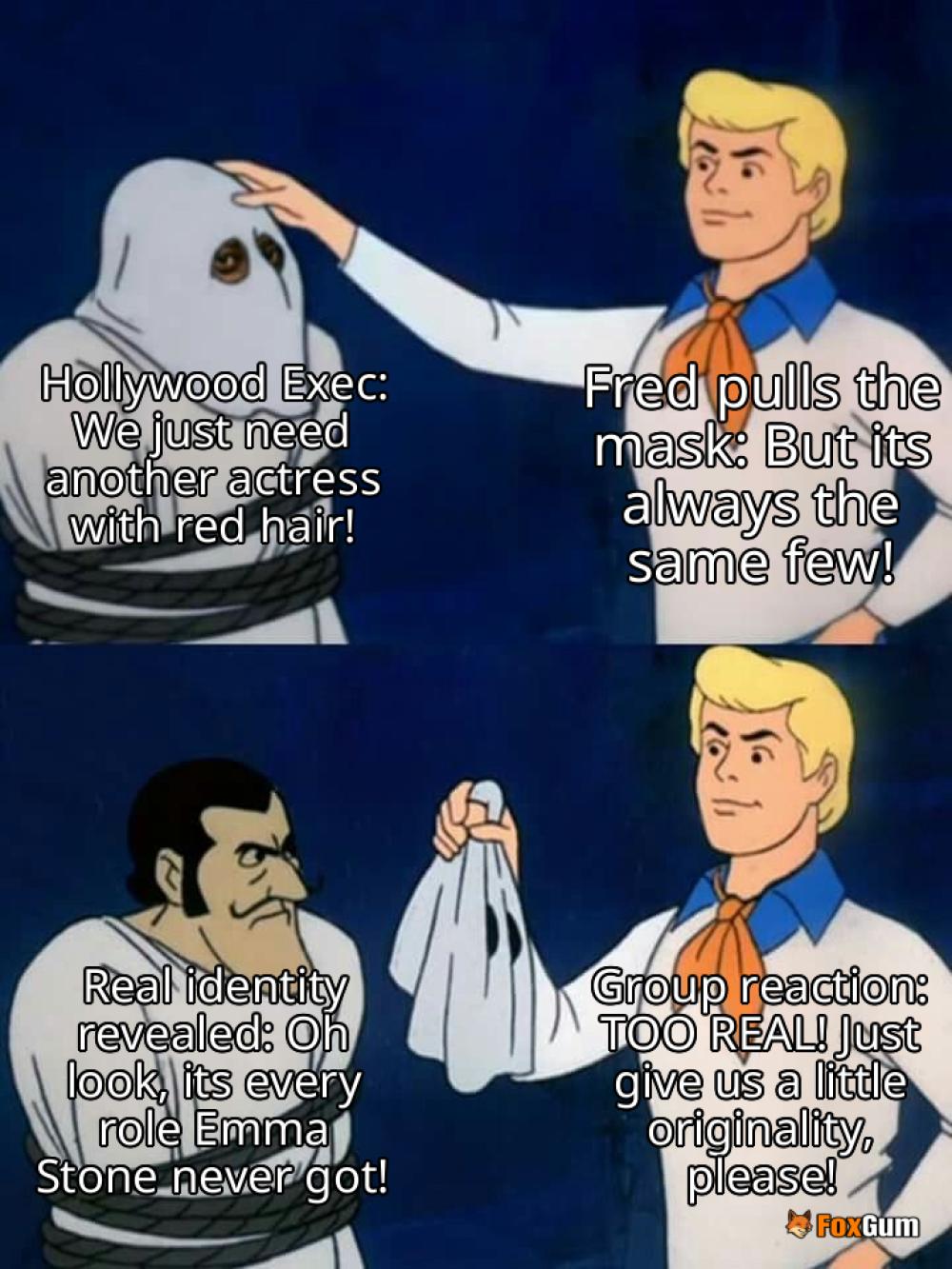


 Contestants on Wheel of Fortune Tonight
Contestants on Wheel of Fortune Tonight 
 Health
Health  Fitness
Fitness  Lifestyle
Lifestyle  Tech
Tech  Travel
Travel  Food
Food  Education
Education  Parenting
Parenting  Career & Work
Career & Work  Hobbies
Hobbies  Wellness
Wellness  Beauty
Beauty  Cars
Cars  Art
Art  Science
Science  Culture
Culture  Books
Books  Music
Music  Movies
Movies  Gaming
Gaming  Sports
Sports  Nature
Nature  Home & Garden
Home & Garden  Business & Finance
Business & Finance  Relationships
Relationships  Pets
Pets  Shopping
Shopping  Mindset & Inspiration
Mindset & Inspiration  Environment
Environment  Gadgets
Gadgets  Politics
Politics 